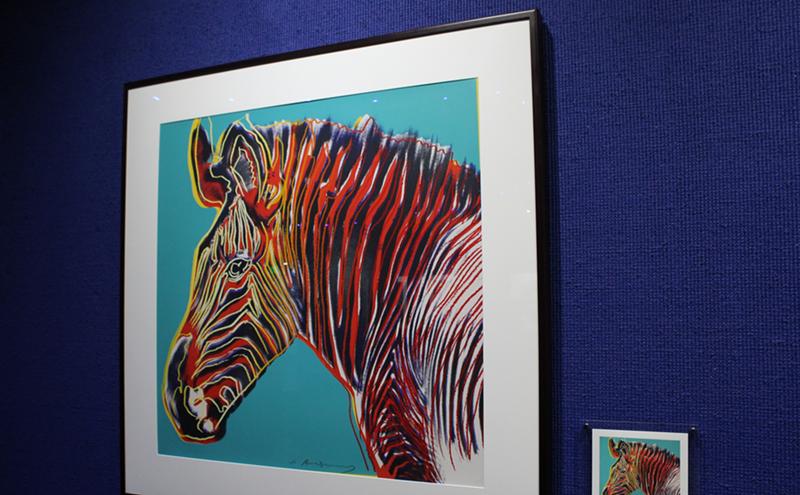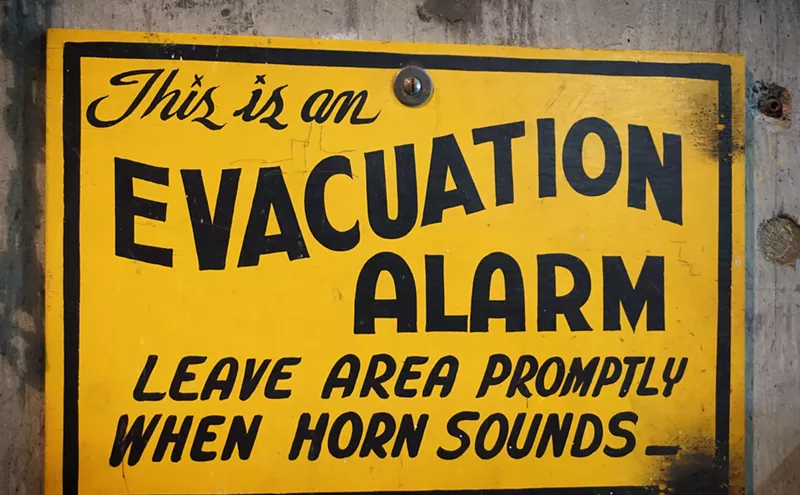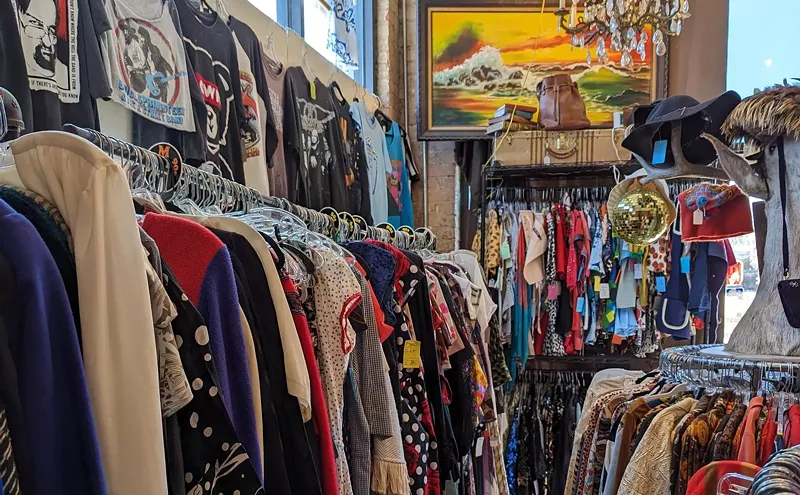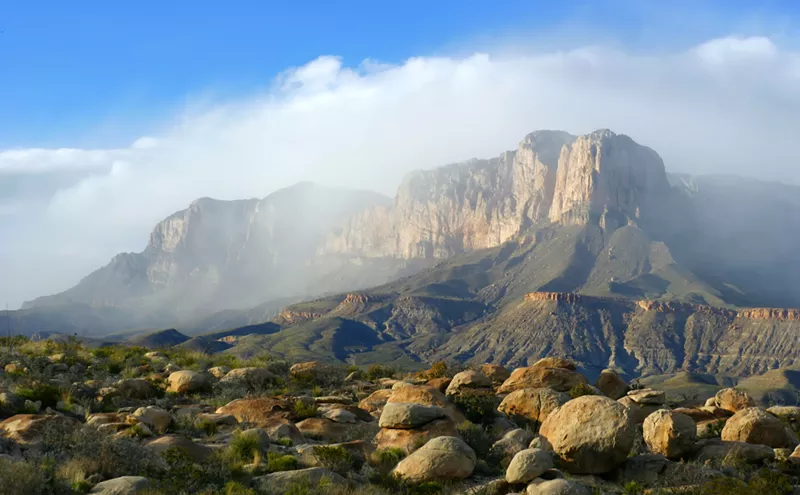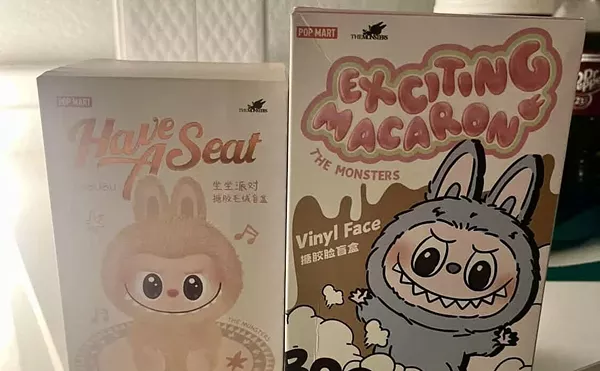"Purgatory" is perhaps too strong a word, but it is the only term that adequately captures the sense of suspension. Drifting, in-between, among and about but not within, Morehshin Allahyari lives stranded between cultures and countries as an intercontinental wanderer. Since determining not to return to Iran for "awhile," she is a woman apart, fractured from her national identity, but longing for the sweet embrace of home. She abides outside the arbitrary concept of the nation-state. And, yet she exists. She builds. She creates.
Allahyari arrived in the United States in 2007 after graduating from Tehran University. She received an MA in Digital Studies from the University of Denver and is now an MFA candidate at the University of North Texas, focusing on New Media Art. Intercultural dialogue through art has been a passionate project for Allahyari during her tenure in America, and she has worked tirelessly to open lines of communication between the two countries through efforts like the Your Night/My Day Project, which she co-curated.
This weekend, her solo exhibition The Romantic Self-Exiles helps kick off the much-anticipated Dallas Biennale at Oliver Francis Gallery. Heavy on theory, Allahyari's mixed media exhibition features 3-D animation, installation, narrative, text and 16-mm film to examine the emotional process of romanticizing one's homeland, specifically in the context of "those who choose self-exile over a homeland in which they are not tolerated or welcome." Through Allahyari's eyes, we might just find that it is the unique perspective of a cultural interloper that best illuminates the bounds of man-drawn boundaries.
Allahyari was kind enough to exchange emails with us while preparing for this weekend's exhibition.
Mixmaster: In a TED talk from your time at DU [embedded above], you mention that you count Hemingway as an influence, and I wonder if the writer's famous romanticism of expatriation informs your exhibition, which seems to be an inversion of that tendency.
Allahyari: The whole idea of the romantic self-exile came to me thinking about the fact that how much we romanticize this experience of exile and our relationship to homeland, nostalgia, and past. The remembered, missed, identical objects. So many conversations with my friends about how much we wish we could go back to certain places or eat certain things again, etc. were also inspirations for the concept.
I think there are some similarities but also many differences in the use of the word "romantic" in the way that Hemingway has in mind. If Hemingway romanticized his life in Paris, for example, in A Moveable Feast, I as well as many self-exiled citizens of my generation, in contrary, romanticize the life we have left behind. Not the one we live now (there are 55 postcards in my exhibition that exactly mention this).
By "Romantic" I also mean to address and question the romanticized notion of self-exile. And suggest how bitter yet romantic exile can be. Simultaneously it can be joyful and it's important for us to understand and be aware of this relationship. That we can belong nowhere but also for the same reason belong everywhere; a "borderless world." We can be "the citizens of the world" (Ahmad Darwish). These are all -- of course -- very ideal ways of looking at it. Because some always stay in the state of in-between-ness and never get over the past.
You speak about how your decision not to return to Iran for awhile was based on your desire to feel liberated from self-censorship; however, one might argue that American society necessitates that women participate in modes of self-censorship that are comparable, if different, from the self-censorship of Iranian women. In fact, it seems accurate that many women self-censor without even realizing it. Have you experienced similar (if different or less severe) pressure to that end here? How do you approach it as an artist?
I agree that women in most of the cultures censor themselves in many similar ways. But the issue of censorship -- the Iranian version -- was something that did not end or change when I first moved to the United States. I always think about it this way: As Iranian women, artists, and specifically activists, we carry those cultural taboos, those political rules,those must and must-nots with us everywhere we go. Dictators travel with us. In our pockets. In the back of our heads. We travel with those conscious and/or unconscious self-warnings. We can not simply get rid of them, because they very much influence our lives, unless we never go back to Iran. And so for me, the issue of censorship was there until I decided not to go back to Iran for a while and stay in the U.S. and make what I should make without being worried about the "side effects." So at that point, I started to feel less pressured, and more comfortable to create the art I wanted to make. So basically, my works are both allowed and forbidden works of art. It's just the matter of the geographical location and determinism.
While I understand that one of the frustrations of emigrating to America is becoming an inadvertent, but de facto, cultural ambassador, I can imagine it is incredibly difficult to challenge Iranian culture in your work with the backdrop of a country (USA) that is, in many manifestations, both culturally ignorant of and politically antagonistic toward Iran. How conscious are you of Iran's representation in your work, and do you ever feel as though you must censor your critique of Iranian society because America (in the most general sense) may not understand the complex relationship between loving your home and examining the problems there?
This is an amazing question. Something I have asked myself numerous times especially in the first two years of my graduate school in the United States. I had a very hard time explaining the overlap of local and universal (global) to my classmates, friends and professors. To find that balance and to practice that famous saying of "the more personal, the more universal." I would always end up with the longest artist statements and hours of explaining what I'm doing and why it's important. It was like that cultural ambassador role wasn't just what I had to do in my daily life to justify my image as an individual immigrant, but also international-Middle Eastern artist.
I believe at this point of my practice I have found the balance. That for example there is a love and hate relationship to Iran for me and many other Iranians in diaspora. That it is because of the Iranian government that we are forced to exile (by self or our government). But there is also 22 years of my life, my memories, my family, friends, father's grave, etc. that I had to leave behind and possibly never see again that are the "love" sides of my relationship. That I am actually where I am because I was accidentally - -as Milan Kundera suggests -- born somewhere I did not choose, with a dictator and corrupted system. So I believe, the way I'm addressing these issues in my new body of work, can make a lot of sense to an American audience. But of course, you will still and again see statements next to each piece in my show on Friday. Although my statements will be shorter than before.
Would you say that your status as a cultural interloper, in between homes, is in some ways an extension of the "artistic perspective" -- meaning that artists tend to perceive themselves as outsiders observing and commenting on "normative" society? Or, is this too broad a generalization?
I think the issue of homelessness in this sense is a very common topic in the 21st century with so many people moving away from homes. So, different individuals can connect with the idea of "the romantic self-exiles" on different levels. An American person might connect with a specific piece or concept in my work that a Palestinian can't. And an Iranian student/activist can relate and identify with issues that an American audience won't. The idea of exile or self-exile -- the way I see it -- is as collective as personal. And exactly for that reason it is worth creating what I am creating in this new body of work.
I note that, along with visual media, you utilize text in The Romantic Self-Exiles. Does language (as both a mode of and a barrier to communication) play a role in your work and theory with respect to the bilingualism inherent to self-exile? Absolutely. Coming from creative-writing background, I still find it very challenging to write in English in the same way or style that I write in Farsi. But isn't that itself one notion of exile? That we have to learn the language of the country that we are moving to, especially to be included in academic and intellectual communities and discourses. However, strangely enough, when I was writing the voice over text for my animation, I spent days trying to write it in Farsi, but couldn't get the words to come out in the right way. So I wrote it in English and then figured out that it made total sense with the concept of my work.
The Romantic Self-Exiles runs at Oliver Francis Gallery through May 5. Join Allahyari tonight at 6:00 p.m. at 209 S. Peak St. as part of the ongoing weekend Biennale and Art Fair festivities.



